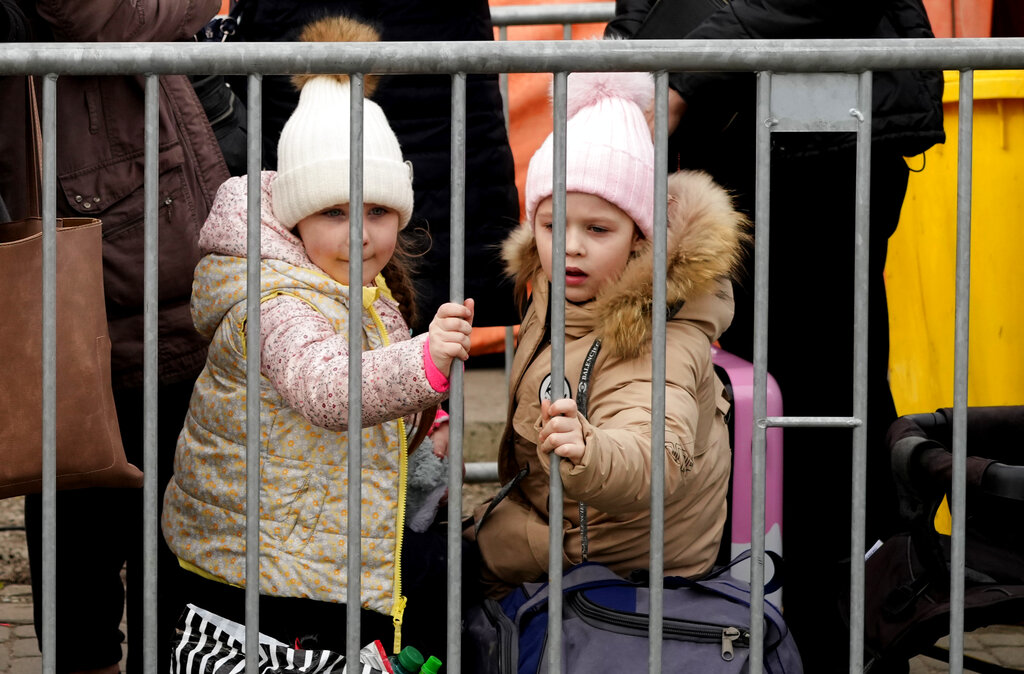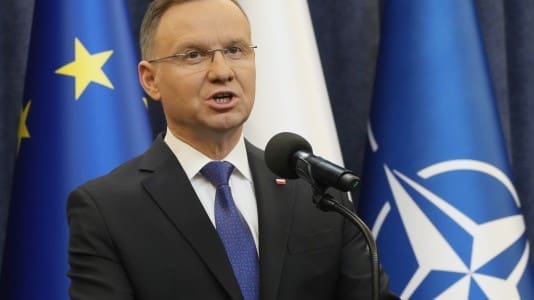“Every unaccompanied foreign child in Poland should be provided with representation from the first moments after detention. The representative should actively participate in all activities concerning the child,” said the ombudsman for civil rights and children’s rights (RPO and RPD) in a letter to Prime Minister Donald Tusk.
In recent months, these commissioners have been notified of cases of unaccompanied foreign children who cross the Polish border with Belarus in an irregular manner. So, they are appealing to Tusk to take urgent legislative action to adapt Polish law to international standards.
According to them, one of the most serious defects is the very narrow scope of the powers of a guardian for such a minor. The court may appoint a guardian only for the purposes of proceedings for granting international protection and related proceedings. A guardian appointed in this way will not be entitled to appeal to the administrative court against a possible decision ending the refugee proceedings that is unfavorable for the child, nor submit an application on behalf of the child for granting him an individual integration program.
The advocacy groups argue that children should be granted a guardian simply based on their young age and the resulting limited possibilities of managing his or her own affairs, not the type of proceedings they face.
“Every unaccompanied foreign child in Poland should be provided with representation from the first moments after detention. Such a representative should actively participate in all activities concerning the child, especially when this involves the risk of violating fundamental rights or may lead to a deterioration of the child’s legal situation,” the letter reads.
The ombudsman emphasizes that children are highly likely to be victims of human trafficking, to have experienced violence and sexual exploitation, and to have been deprived of access to health care and education during their journey. These factors, they say, should also influence the care provided to them.
Representatives of the Border Guard, the Podlaskie Voivode and the Mazovian Voivode, county family assistance centers, and care and educational facilities from the Podlaskie and Mazovian Voivodeships, as well as representatives of the social side, all indicate that the current regulations regarding care are insufficient. There are situations when for many days public institutions fail to find a place in intervention-type foster care facilities for foreign children who have declared their intention to apply for international protection in Poland.
New forms of foster care are thus needed, e.g., a new type of care and educational facilities intended exclusively for unaccompanied minor foreigners and adapted to their needs. In addition, each minor foreigner should undergo a comprehensive assessment that will allow for the identification of their individual requirements, including health, educational, psychological, and cultural needs.
Individual complaints filed with the commissioners indicate that many foreigners do not have identity documents at the time of being taken into custody. People who have documents other than a passport or photocopies of passports are referred for medical examinations to assess their age. In the opinion of the commissioners, referring them for such examinations, despite the lack of reasonable doubts as to their minor status, solely because they do not have a travel document, is questionable in light of international standards.
The letter also stated that the age verification procedure for foreigners should be comprehensive, taking into account psychological, developmental, and environmental factors. Since there is currently no method for determining the exact age of a person, the test results should provide information on the margin of error as well.






